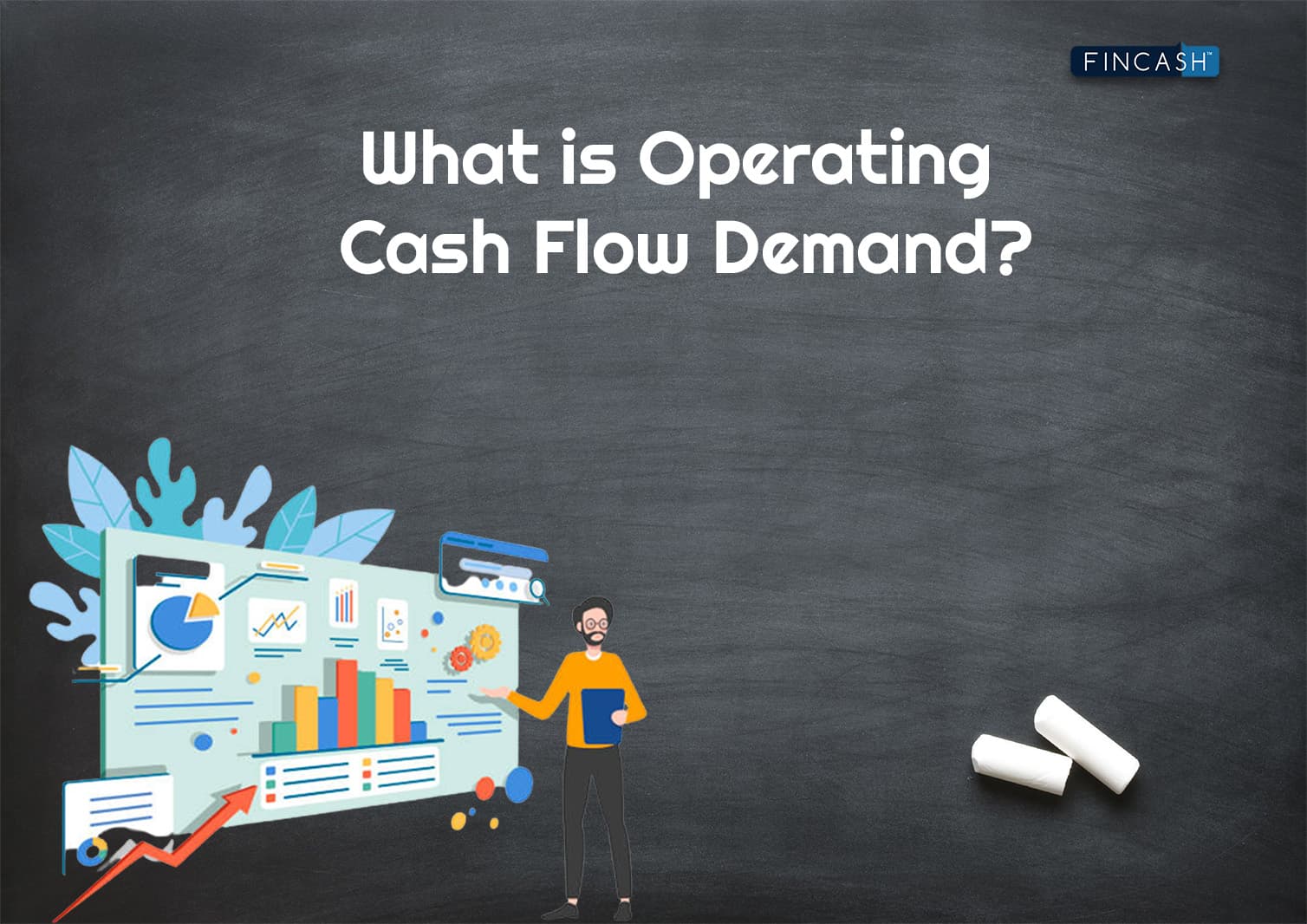
Table of Contents
What is Operating Cash Flow (OCF)?
Operating cash flow (OCF) is a crucial financial metric that measures the cash generated or used by a company's core business operations. It considers a company's revenue, costs, and changes in working Capital to provide insight into its ability to generate cash. OCF is a key indicator of a company's financial health and is used by investors and businesses to make important financial decisions. Understanding OCF is essential for anyone interested in analysing a company's Financial Performance.
Components of Operating Cash Flow
OCF comprises several key components that reflect a company's financial performance. These components include:
- Revenue: This is the Income a company generates from the sale of its products or services.
- Cost of Goods Sold (COGS): This refers to the direct costs associated with producing a company's products or services.
- Operating Expenses: These are the expenses incurred in the day-to-day operations of a business, such as rent, salaries, and utilities.
- Depreciation and Amortisation: This reflects the decrease in the value of a company's assets over time due to wear and tear or obsolescence.
- Changes in Working Capital: This refers to the change in a company's current assets and liabilities over a specific period, including accounts receivable, accounts payable, and inventory.
By considering these components, OCF provides a comprehensive picture of a company's cash flow from its core business activities. This information is essential for investors and businesses to evaluate the sustainability of a company's operations.
Talk to our investment specialist
Significance of Operating Cash Flow to a Business
Here are some of the key reasons why OCF is significant to a business:
Financial Health: It measures the cash generated or used by a company's core business operations. A positive OCF indicates that a company has enough cash to pay for its day-to-day operations, while a negative OCF may signal Financial Distress.
Investment Decisions: Investors use OCF to evaluate a company's ability to fund its growth and expansion plans. A company with a positive OCF is more likely to have the cash needed to invest in new projects and acquire new assets.
Financing Decisions: Lenders and creditors also use OCF to evaluate a company's ability to repay its debts. A company with a positive OCF is more likely to be able to meet its debt obligations and is therefore considered less risky.
Internal Management: OCF is used by management to monitor a company's financial performance and make strategic decisions. By analysing OCF, management can identify areas of the business that may need improvement and make adjustments to improve cash flow.
Uses of Operating Cash Flow
Here are some of the key uses of OCF:
Financial Analysis: It is used by investors and analysts to evaluate a company's financial health and performance.
Strategic Planning: OCF is used by management to make strategic decisions about the company's future.
Investment Decisions: OCF is used by investors and lenders to evaluate a company's ability to invest in new projects and acquisitions.
Financing Decisions: OCF is used by lenders and creditors to evaluate a company's ability to repay its debts.
Cash Management: OCF is used by management to monitor and manage the company's cash flow.
Limitations of Operating Cash Flow
Here are some of the key limitations of OCF:
- OCF does not include non-cash transactions such as stock-based compensation or changes in the Fair Value of investments.
- It is based on the timing of cash inflows and outflows, which may not align with the timing of revenue recognition or expense recognition.
- OCF alone does not provide a complete picture of a company's financial performance, as it only measures cash generated or used by core business operations.
- The calculation of OCF involves changes in working capital, which can be volatile and unpredictable, leading to fluctuations in OCF.
- OCF may not be a useful metric for all industries, as some industries may have different cash flow patterns or rely more heavily on non-operating cash flows.
- It can be manipulated by companies through Accounting methods, such as deferring expenses or accelerating revenue recognition, which can distort the true cash flow position.
- OCF does not take into account the Capital Expenditures required for long-term growth, which can be a significant expense for some businesses.
Final Thoughts
Operating Cash Flow is a critical financial metric that measures a company's cash inflows and outflows from its core operations. By providing insight into a company's cash flow position, OCF helps investors and management make informed decisions about strategic planning, investment and financing decisions, and cash management. However, it's essential to keep in mind the limitations of OCF and use it in conjunction with other financial metrics to get a complete picture of a company's financial performance.
All efforts have been made to ensure the information provided here is accurate. However, no guarantees are made regarding correctness of data. Please verify with scheme information document before making any investment.












